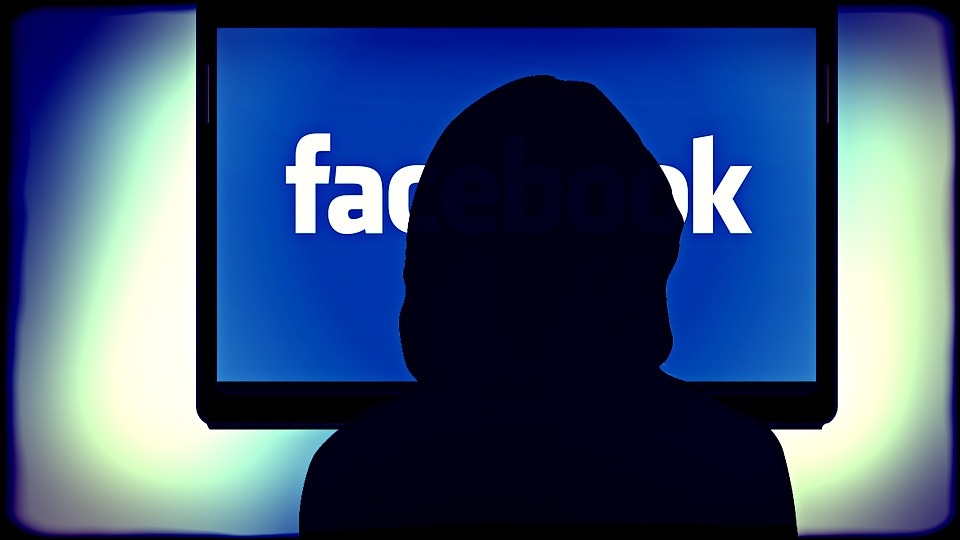FACEBOOK users are suffering anxiety as they try to keep up appearances with friends, family and colleagues, according to new research.
Many users respond to the stress by deleting posts, untagging photos and removing comments, say the team at Edinburgh University.
They reckon that Facebook users can be overwhelmed by their huge audience of acquaintances, all of whom have unique expectations of behaviour.
Feeling pulled in many directions at once, say the researchers, some Facebook users censor themselves to present the “safest” version of their personality online.
Examples include self-censoring mention of alcohol, reckless conduct, swearing and sexual behaviour.
This behaviour is classed by the tea, as “avoidant” – a term used for “maladaptive” psychological behaviour.
The new research is published in an article titled: “Understanding the Psychological Process of Avoidance-Based Self-Regulation on Facebook.”
It was published by a team which included Dr Ben Marder from Edinburgh University and Eleanor Bull from NHS Grampian.
In one study the team asked a group of 368 young adults to compare their behaviour with that of their “friend” groups online, in groupings such as “employers”, “partners” and “close friends”.

The questions focused on their online behaviour related to alcohol consumption, recklessness, appearing overly sexual and using swear words in front these separate social groups.
Their results showed that when the Facebook users had different standards to their friendship groups, this resulted in anxiety, which resulted in an increase in cautious “avoidant” behaviour.
The researchers warn: “Rather than being liberating, having a diverse range of friend connections can be a challenge due to the blurring of traditional boundaries between multiple social spheres.
“Offline, different audiences may be segregated by time and space, enabling people to adapt their self-presentation over the course of different interactions based on the perceived standards of the different audiences.
“But when interacting on social network sites, a single comment or image can be seen by a multitude of audiences at once. The psychological and social impact of this may be substantial.”
Dr Marder was the lead-author of the article.
Explaining his work, he said: “We didn’t know that just using Facebook has the same psychological effect as standing in front of an audience – and this leads us to feeling anxious and censorship.
“Censorship is not necessarily unhealthy, the anxiety we feel that leads up to censoring can be seen as a reduction in well being.
“But the bigger picture is that social media is supposed to liberate us but really it can also constrain us.”

